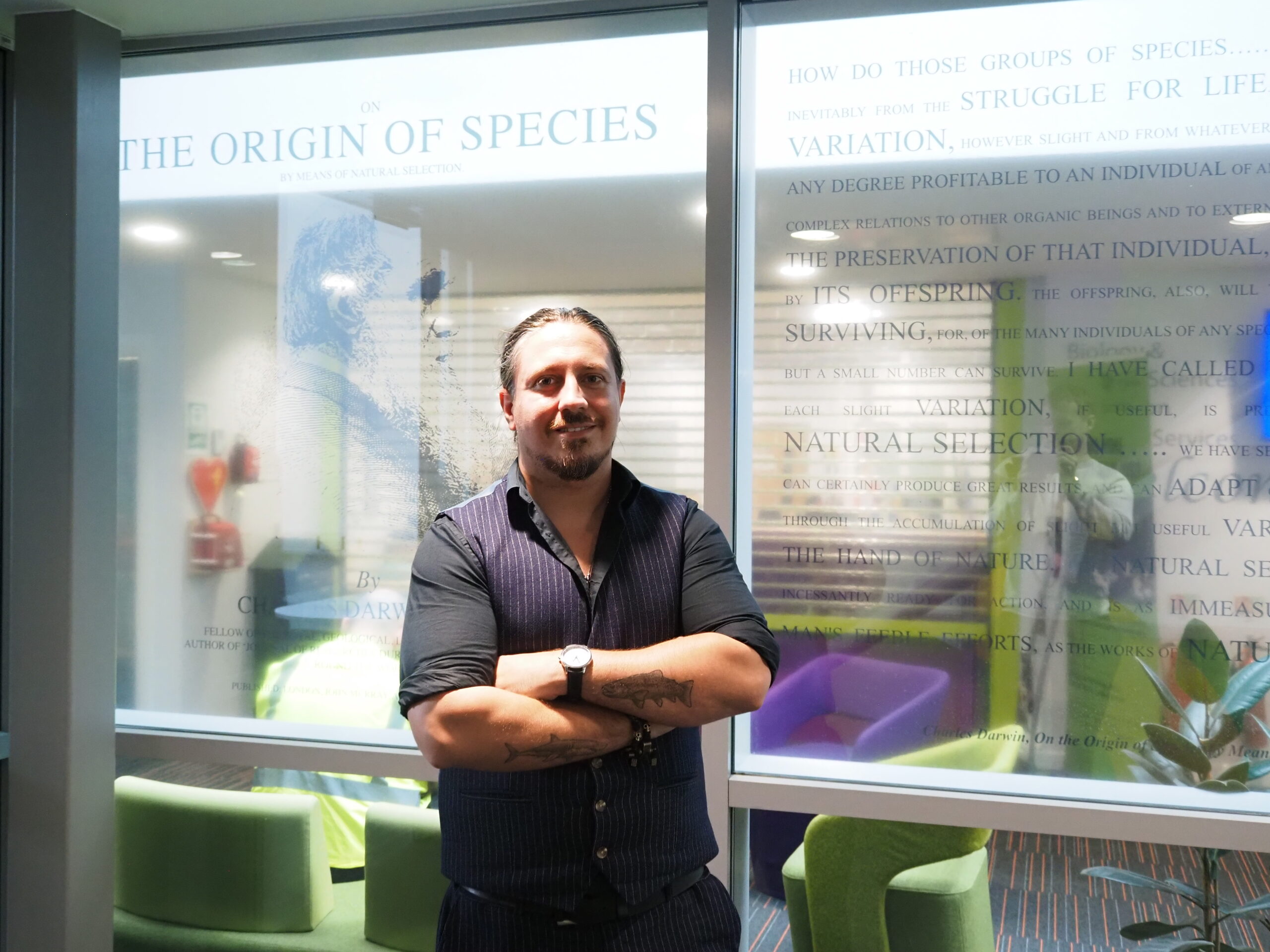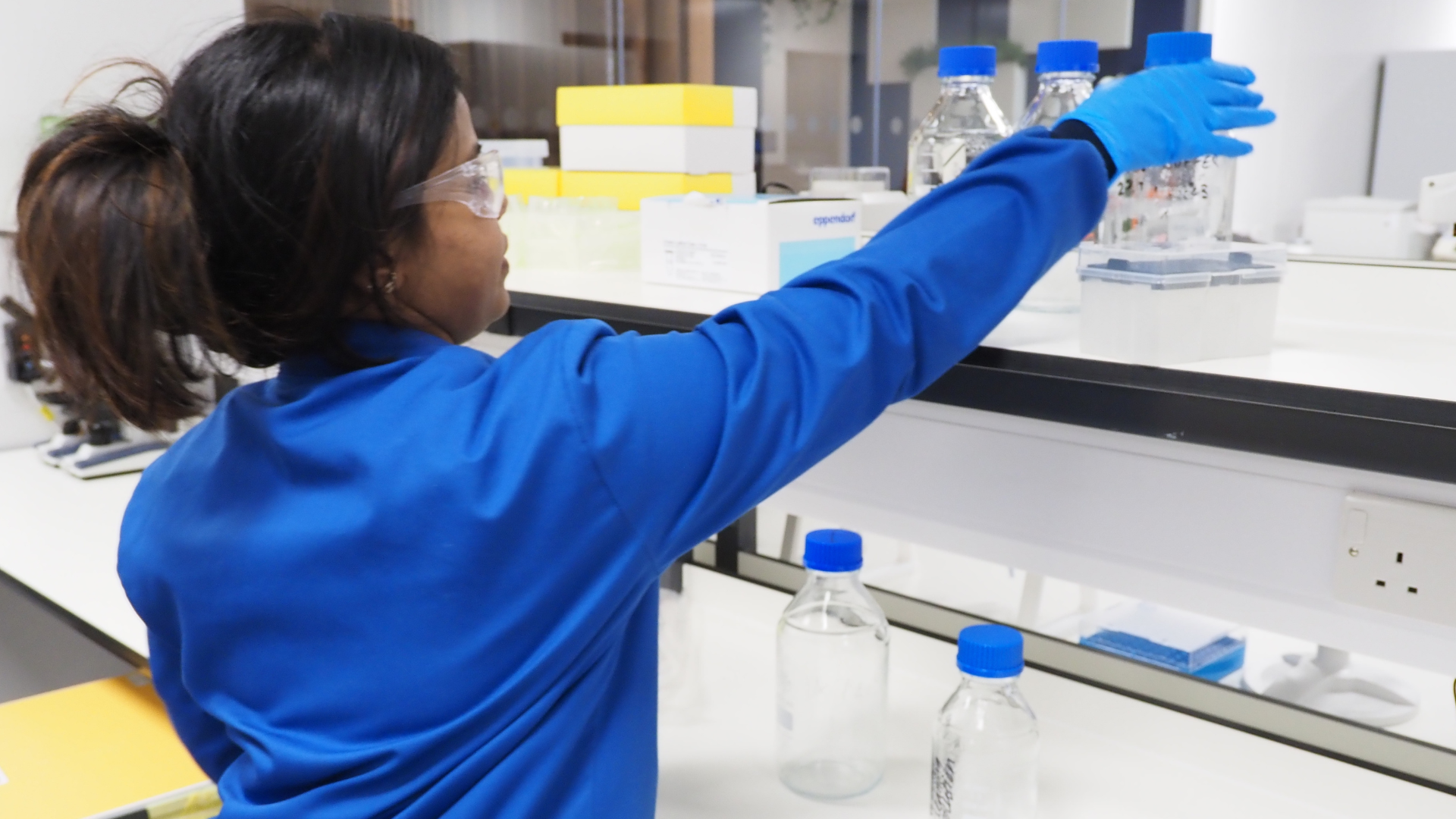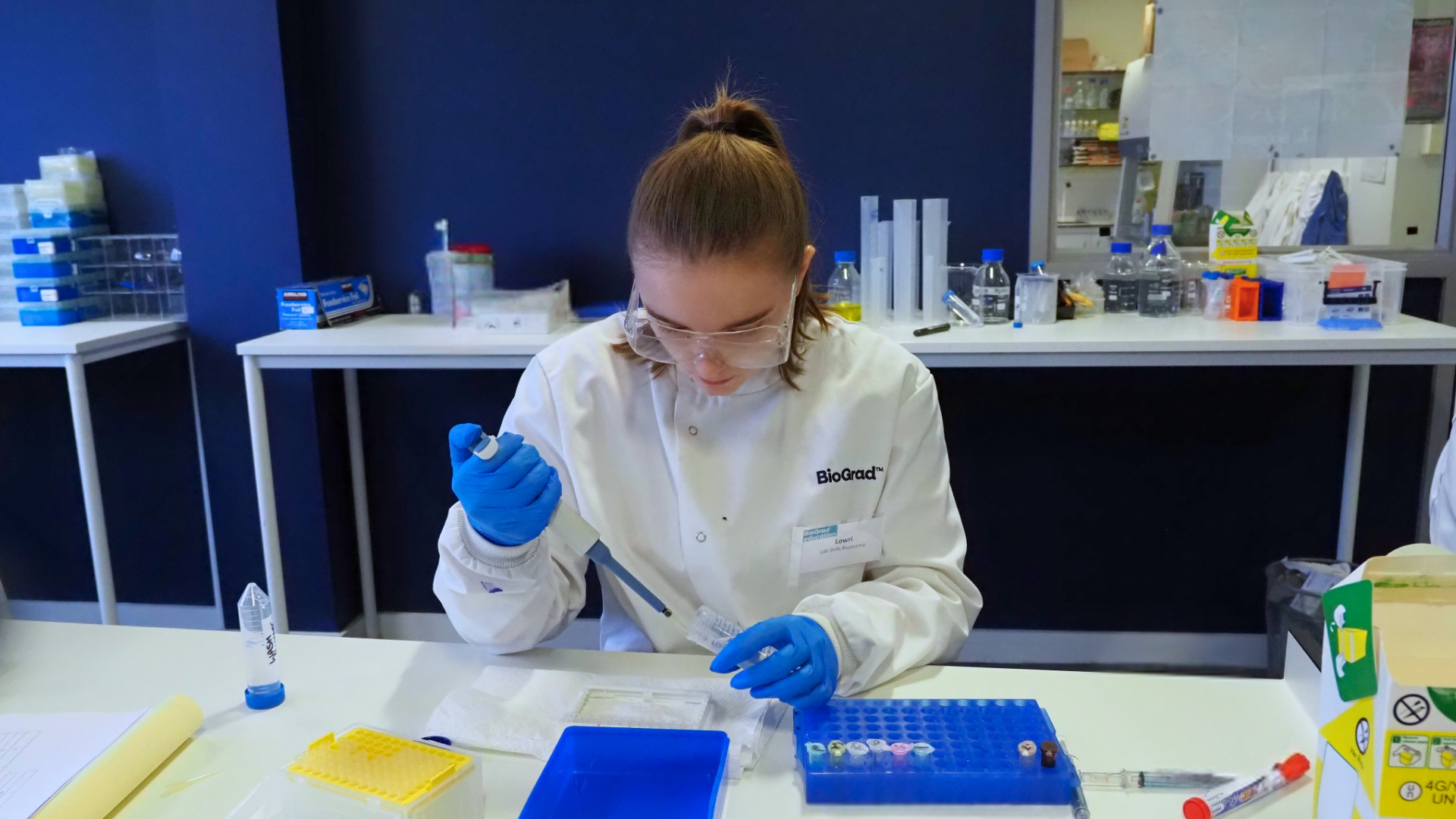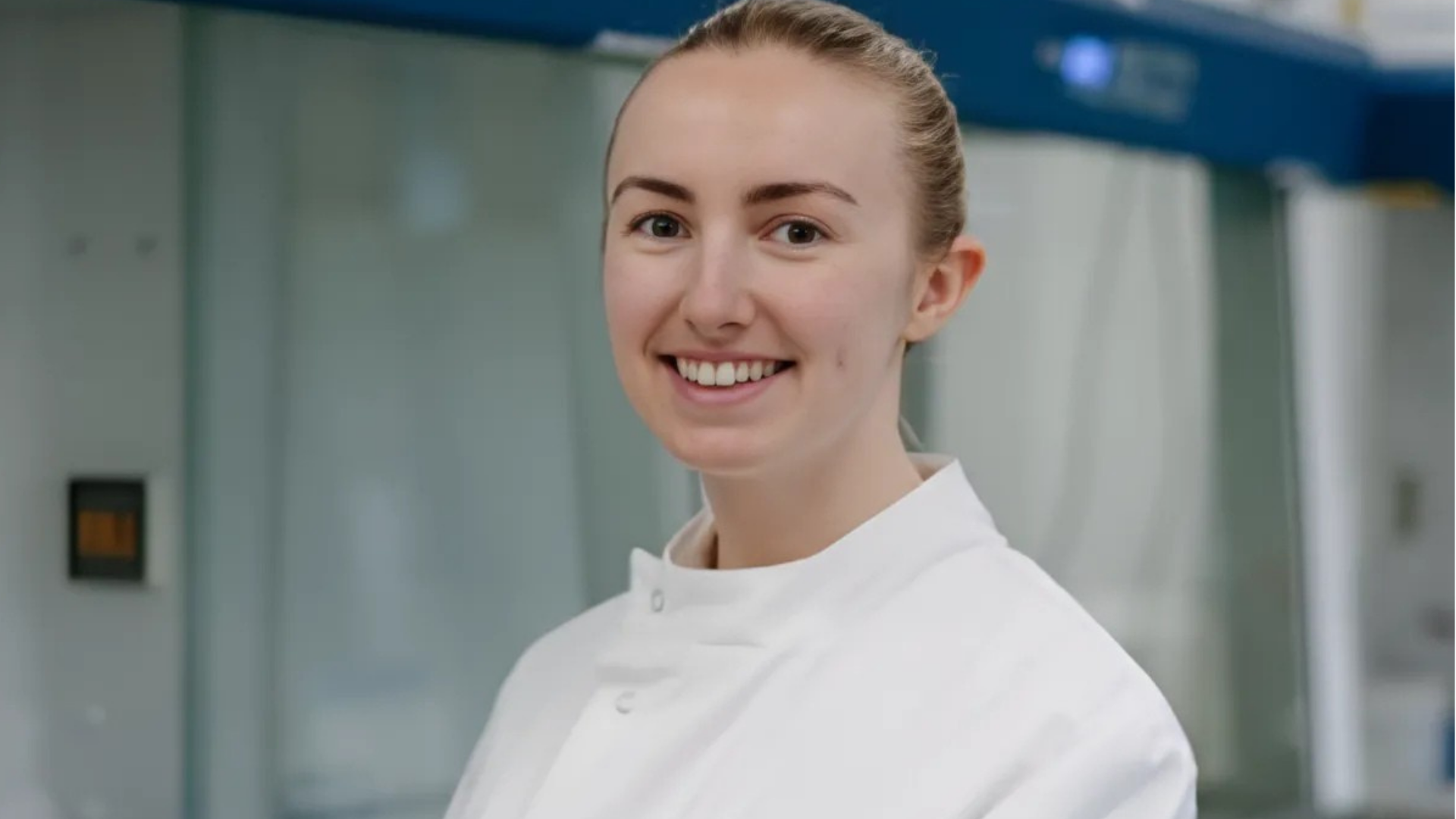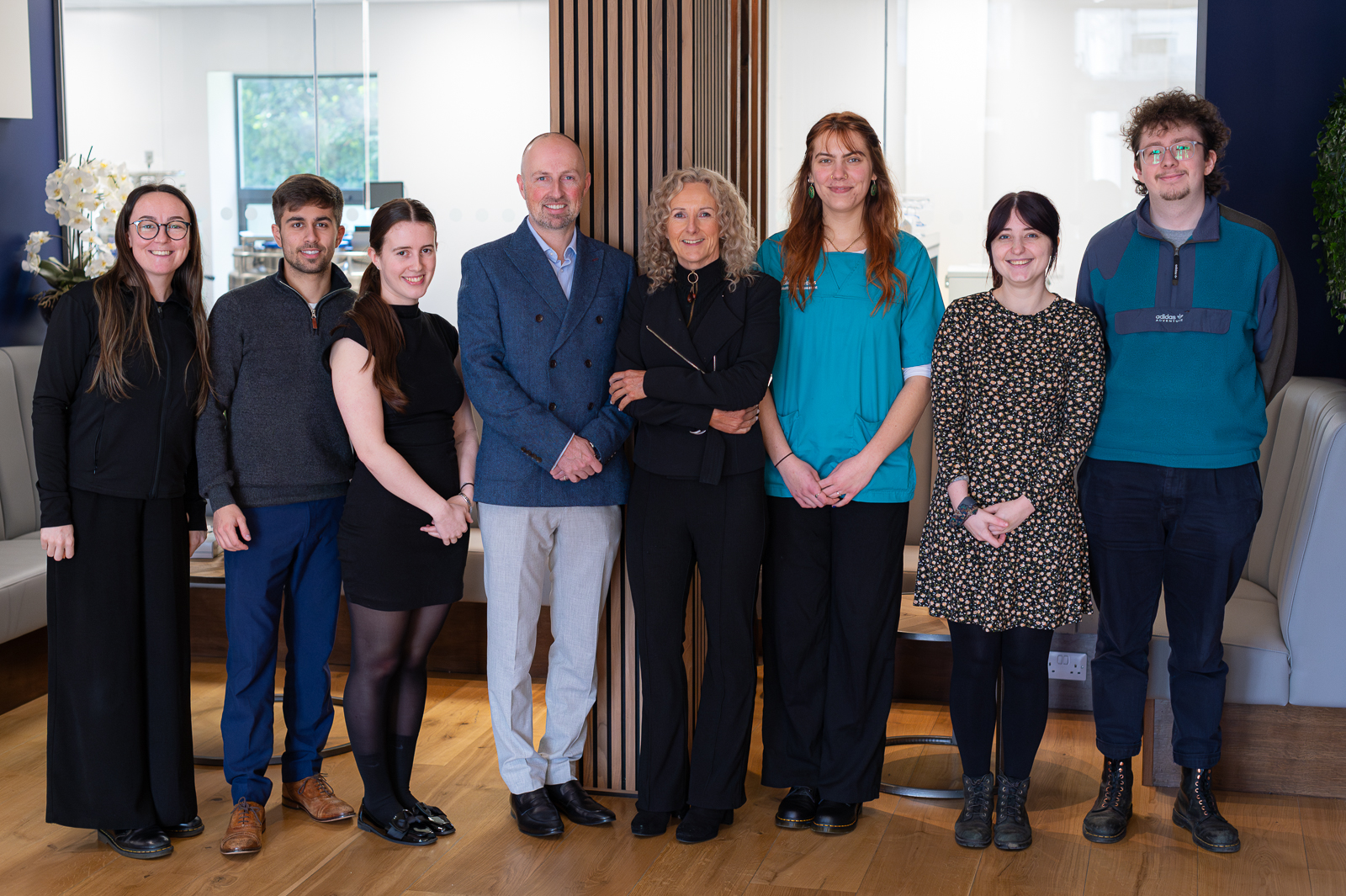Last month, thousands of students across the UK received their results, and it has been a thrill to see so many young people achieve outstanding grades and secure places at their chosen universities. The next generation of learners in science and medicine fills us with hope and anticipation. Their out-of-the-box thinking, commitment to teamwork, and bright visions for the future make them a generation to watch. No one exemplifies this more than Dilip Singh Gosall.
Dilip is one of BioGrad Education’s former students and has just been accepted into St John’s College, Cambridge University, after achieving 4 A*s in his A-Levels in Mathematics, Biology, Chemistry, and his EPQ.
As we enter a new academic year, we thought we’d chat with Dilip about exams, starting university, and the inspiring story that led him to pursue a career in medicine.
All of us at BioGrad Education are extremely proud of Dilip and wish him the best of luck in his future endeavours.
Read on for our catch-up.
Why did you choose medicine as your career path? What inspired you?
The decision to study medicine was not an easy one but came from my recent experience as a heart transplant patient.
In January 2023, unfortunately I underwent a heart transplant at Wythenshawe Hospital. While I was there during this distressing and emotional time, I witnessed how the nurses and doctors worked together in a team and were able to provide their care so eloquently and kindly alongside listening to my concerns.
Just watching every member of this multi-disciplinary team work together, using their problem-solving, leadership, and teamwork skills as well as applying their scientific knowledge and understanding, ultimately inspired me to look further into the career of medicine and understand that medicine is not just about healing people but applying what you know about scientific healthcare.
Seeing how they acted and cared about me in such a professional and empathetic manner led me to think that one day hopefully I’ll be able to do the exact same thing to patients in the future.
Are there any specific areas that you want to go into?
It’s a bit too early to say as it’s a long course and I’m lucky enough to experience a lot of specialties in medicine. But, by my recent experiences, surgery is an area that is quite interesting to me. In recent times, the increase in the use of AI in medicine has been outstanding. Now AI is being used in diagnostic treatments. Therefore, for me in the future, being able to harness AI and using it to its full potential is something I’d want to pursue. With cancer for example, getting an early diagnosis is critical to treating a patient and if we can harness AI and make sure diagnosis happen a lot earlier in the treatment plan then ultimately the prognosis for patients will be much better in the future.
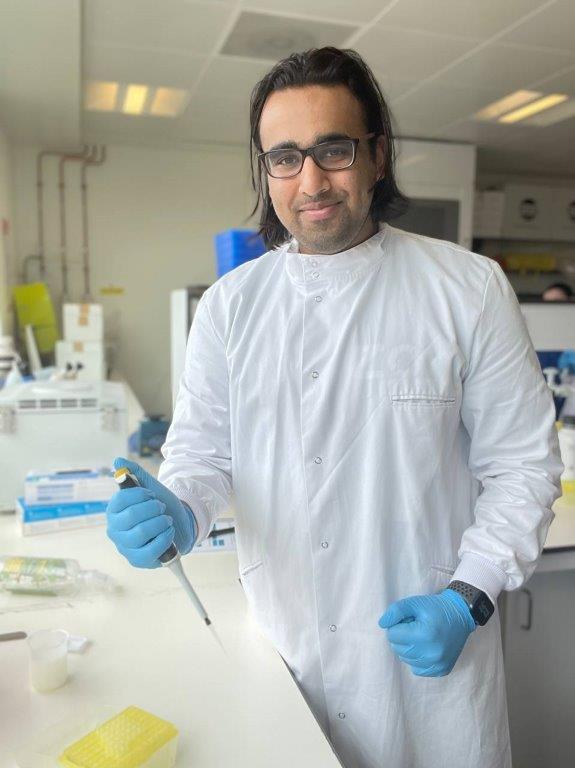
What are you looking forward to most about university and your next steps in life?
Starting this brand new chapter is a very exciting part of my life. There are two main areas that I am looking forward to at Cambridge specifically. Firstly, there is the year 3 Intercalation option where I’ll be able to intercalate in a degree such as law or natural sciences. Therefore, I will be able to pursue a topic more deeply than I would be able to do in other universities and broaden my understanding of medicine.
Secondly, I’m looking forward to more independence. So, to operate my own time schedule, join societies and meet new people and ultimately grow up and be a young adult and live the way I want to live is something I am excited by. And being able to participate in new societies that are available at Cambridge particularly rowing.
While university is an important step for me, I think it’s important to stay grounded and to continue to work within my community. As of right now, I’m still trustee at a local homeless charity and I still plan to continue in that role when I go onto university. I think it’s important to give back to your community. Being able to partake in these roles in charities and organisations – from a medicine point of view – is important to develop those leadership and teamwork skills. Being empathetic and kind to other people means I will be a generous and kind practitioner.
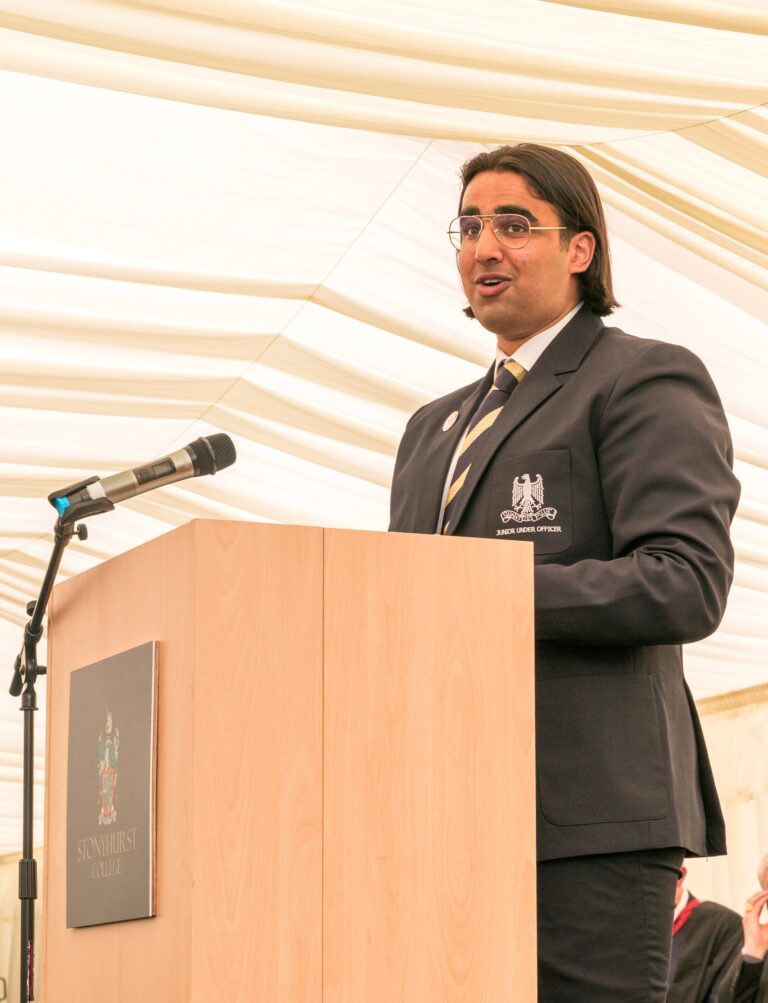
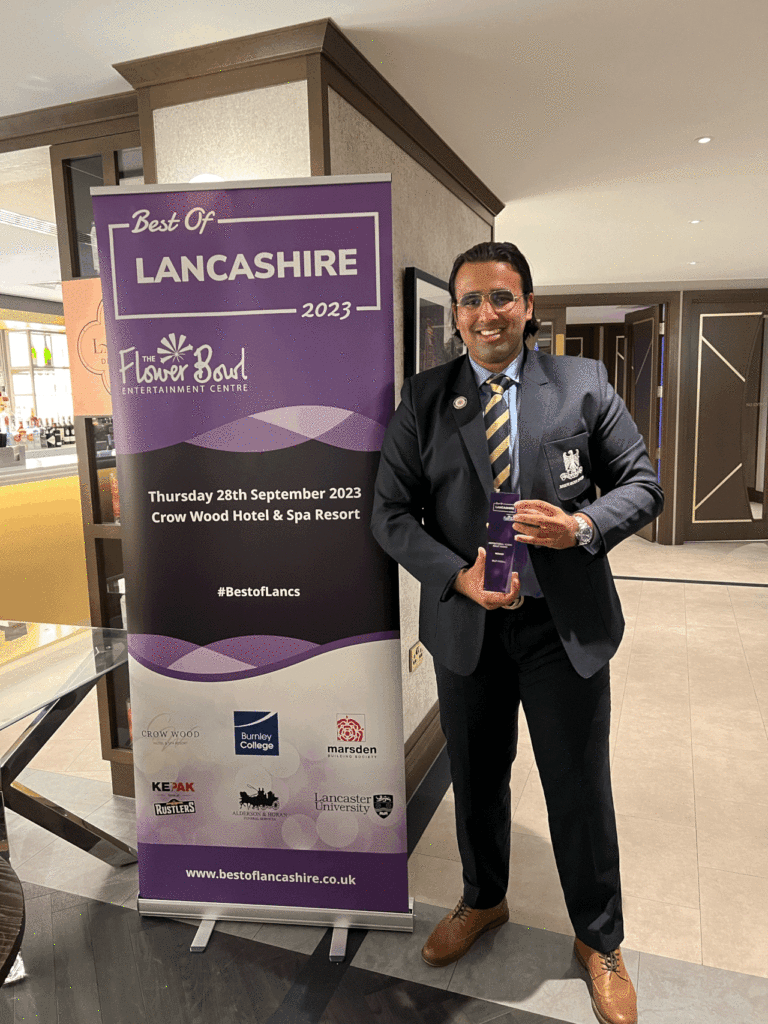
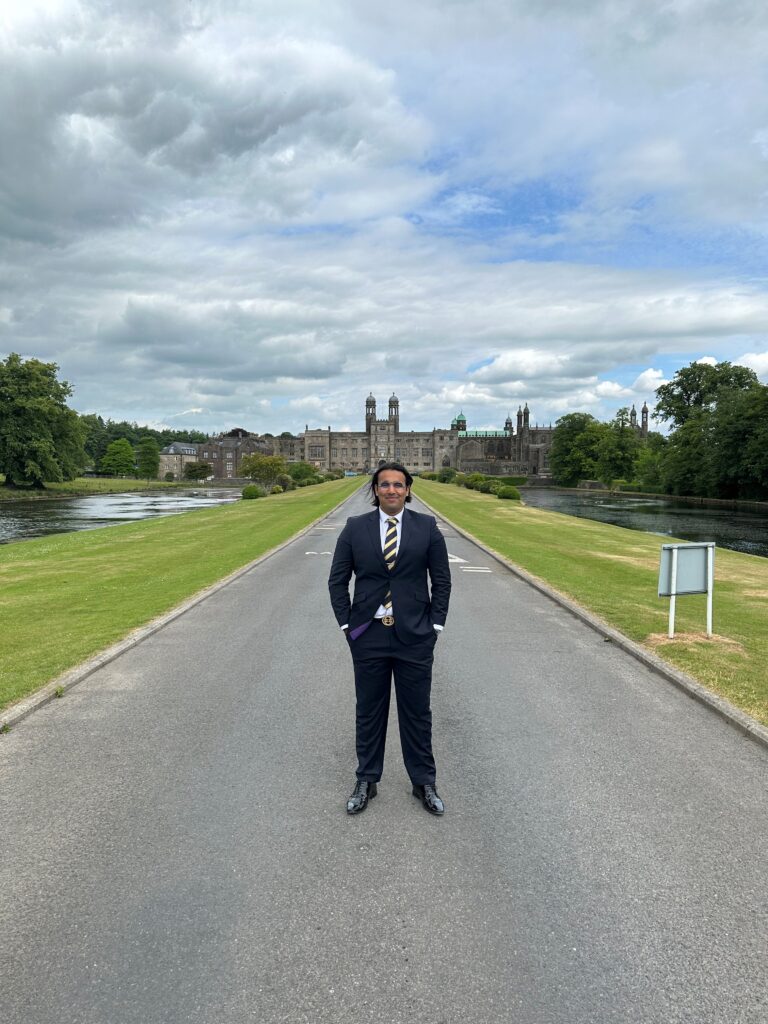
So you’re looking to join societies – any societies you’re excited for at Cambridge?
Rugby. I played rugby for 10+ years. The college I am going to in Cambridge is called St. John’s and they’ve got a competitive rugby team, so fingers crossed I’ll try and make the squad.
I’m going to explore at Fresher’s Fair and hopefully find a new hobby or interest and take part in a completely new thing.
Revision/study tips for exams, especially for those studying towards a medical-based career?
There were two main ways I coped during exam season when there was a lot going on. One of those is physical activity. In my spare time had to make sure I went to the gym, played rugby and went on walks. Whether it’s within a group or on your own, they’re important things to do as it sets your head in a different mindset and allows you to take a breath, clear your mind and set the reset button. It’s better than staying crammed in your room revising because eventually your productivity will go down quickly if you do that.
Ensure that you have a good support system and look after yourself mentally and physically. So, during the exam season, I had my mum, and she was very supportive. In addition to that, I practised meditation in the evenings and before exams to keep myself calm and made sure to talk to my friends about how I was feeling.
It helped me keep focus on my own journey and led me to walk into each exam knowing that although there was a lot was on the line, but if I tried my best and did what’s right for me then fingers crossed it all would work out. With these techniques, I remained grounded and remained focused for the next exams.
I also tried to avoid online forums and online discussion spaces about exams because during GCSEs I found it stressful seeing other people talking about answers they may have got or strategies they’re using. Me reading as a 15-year-old, I panicked thinking I got it wrong and was going to fail so it’s not good for your mental health.
So, one piece of advice is to focus on yourself, don’t compare your goals to other people and at the end of the day it’s your journey for yourself doesn’t matter what anyone else’s goals are as long as you achieve what you want to achieve, you’ll succeed for you.
Is there anybody you looked up to in terms of your future path?
We all have a role model in our life that enables us to pursue our career path. One of them is Dr Kenny, the CEO of BioGrad, because she was the first person who mentioned to me the idea of applying to medicine and applying to a competitive university and said make sure you harness your skills learned from work experience and courses at BioGrad. And she also said to believe in myself when applying to top institutions. Being at BioGrad was my first ‘work experience’ environment and was important in my university application.
Also, my healthcare team at Wythenshawe hospital when I was undergoing treatment, as I mentioned they were the main reason I wanted to apply to medicine. And being able to look at the nurses who were empathetic and caring towards me and the doctors who were using their problem solving skills and their scientific skills to diagnose me, treat me and care for me in a professional and empathetic manner and I think one day I hope I can do the same thing and make patients feel as comfortable as I felt during a during a very distressing and worrying time.
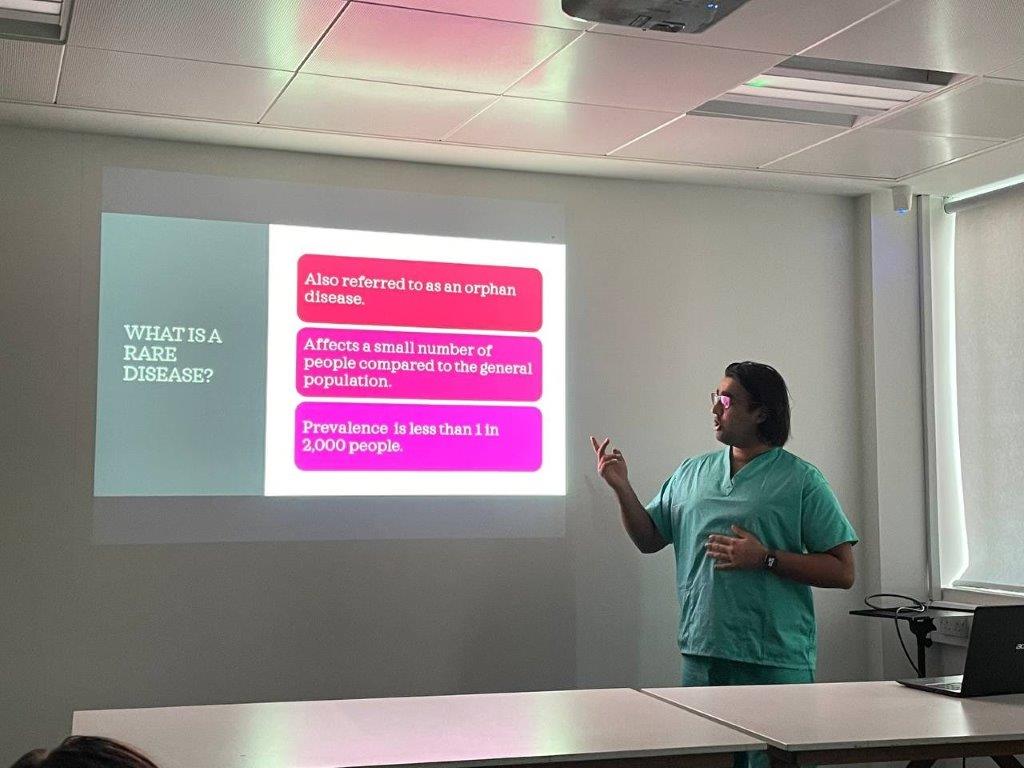
If you’re looking to pursue a career in medicine and want to stand out in your university applications, one of our courses for 16-19 year olds could be perfect for you. We cover a wide range of topics tailored to aspiring medics and scientists.

